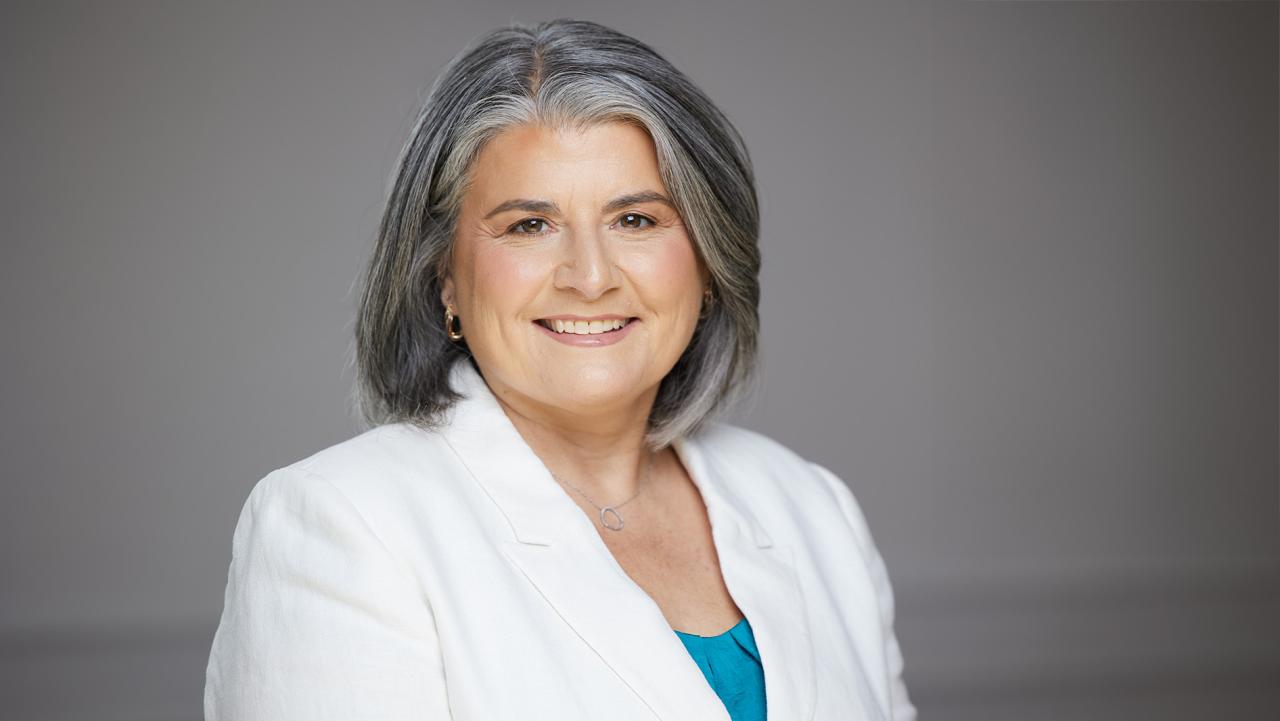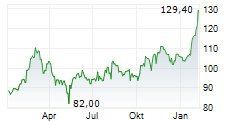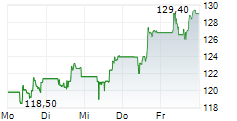NORTHAMPTON, MA / ACCESSWIRE / September 6, 2024 / In 2017, Maria Morais started to experience severe abdominal pain before eventually undergoing gall bladder surgery. When the procedure didn't bring her the relief she hoped for, follow-up tests showed her liver enzyme levels were abnormally high. Being a registered nurse, Maria knew something was wrong.
"I was also constantly tired. No matter how much I rested, it wasn't enough," she says.
Maria underwent many more medical tests until a fibroscan conducted in 2018 by a hepatologist revealed that she had a rare autoimmune liver disease called primary biliary cholangitis, or PBC. The National Institutes of Health estimates 130,000 people in the United States - primarily women - are living with this debilitating disease, which if left untreated can lead to chronic liver disease.
"Being diagnosed with PBC was a shocker," Maria said. "It was ironic, because as a nurse I focus on public health and the prevention of chronic disease."
At the time of her diagnosis, Maria's disease was classified as stage 1, but her liver damage progressed rapidly. Not only did she struggle with the uncontrollable itching that PBC can cause, but her immune system was attacking the lining of her bile ducts, causing inflammation and scarring. And as the damage to her liver became more severe, fluids accumulated in her abdomen and had to be drained at a medical facility each week.
"Often liver diseases can be invisible, but I was basically gaining and losing 20 pounds in fluid each week for months. It was like being pregnant over and over again," recalls Maria.
Between this and the incessant itching, she found herself isolating more and more because people would also wonder if what she had was contagious. Her symptoms slowly became too difficult to manage.
"I was beginning to wonder 'Is this going to be my life?'" she recalls. "My son was 12 years old, and he would see me on the couch every night despondent and not engaging."
In Need of a Liver Transplant
By the end of 2020 Maria was referred for a liver transplant, and the next summer she received a portion of a liver from a friend who had lost her husband to colon cancer. The friend donated 60% of her liver to Maria; within three months her liver had regenerated to its normal size.
"She gave me life," Maria says. She named the donated liver Lola and spent the next several months meditating and talking to it to encourage the new organ's growth and health.
Maria's journey from diagnosis to transplant and beyond transformed her into a patient advocate and peer counselor for other people with rare liver diseases. She talks about her "new 100%" and relishes the opportunity to work with the patient advocacy groups to share her story.
"There are big gaps in treatment options for people with PBC," says Maria. "We need medicines and research to stop the itch, the fatigue, the brain fog and the fluid build-up."
Until the gaps are filled and there's a cure for PBC, Maria says, she's going to continue to raise awareness of the disease and encourage people to "keep fighting the fight."
Originally published by Gilead Sciences

View additional multimedia and more ESG storytelling from Gilead Sciences on 3blmedia.com.
Contact Info:
Spokesperson: Gilead Sciences
Website: https://www.3blmedia.com/profiles/gilead-sciences
Email: info@3blmedia.com
SOURCE: Gilead Sciences
View the original press release on accesswire.com



